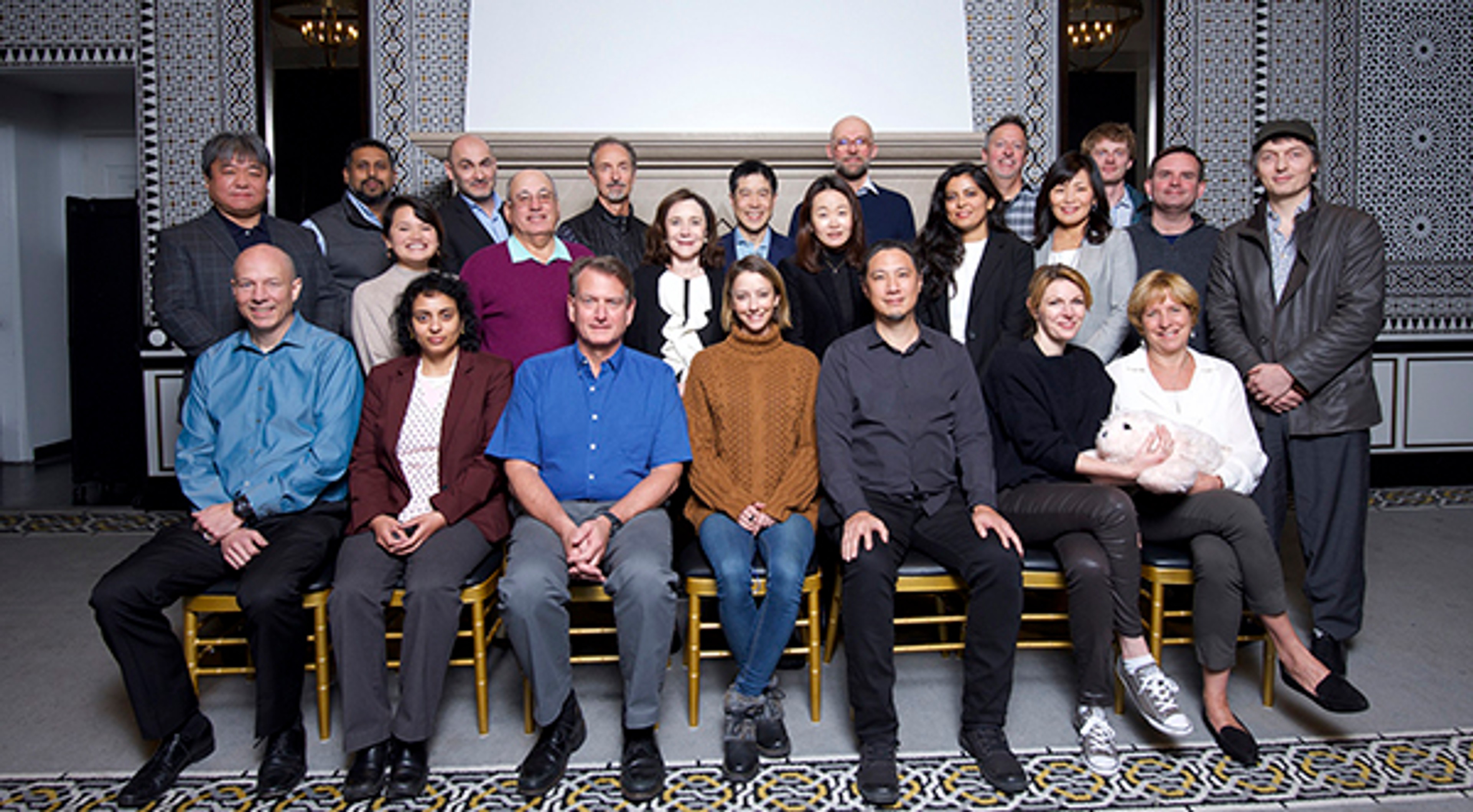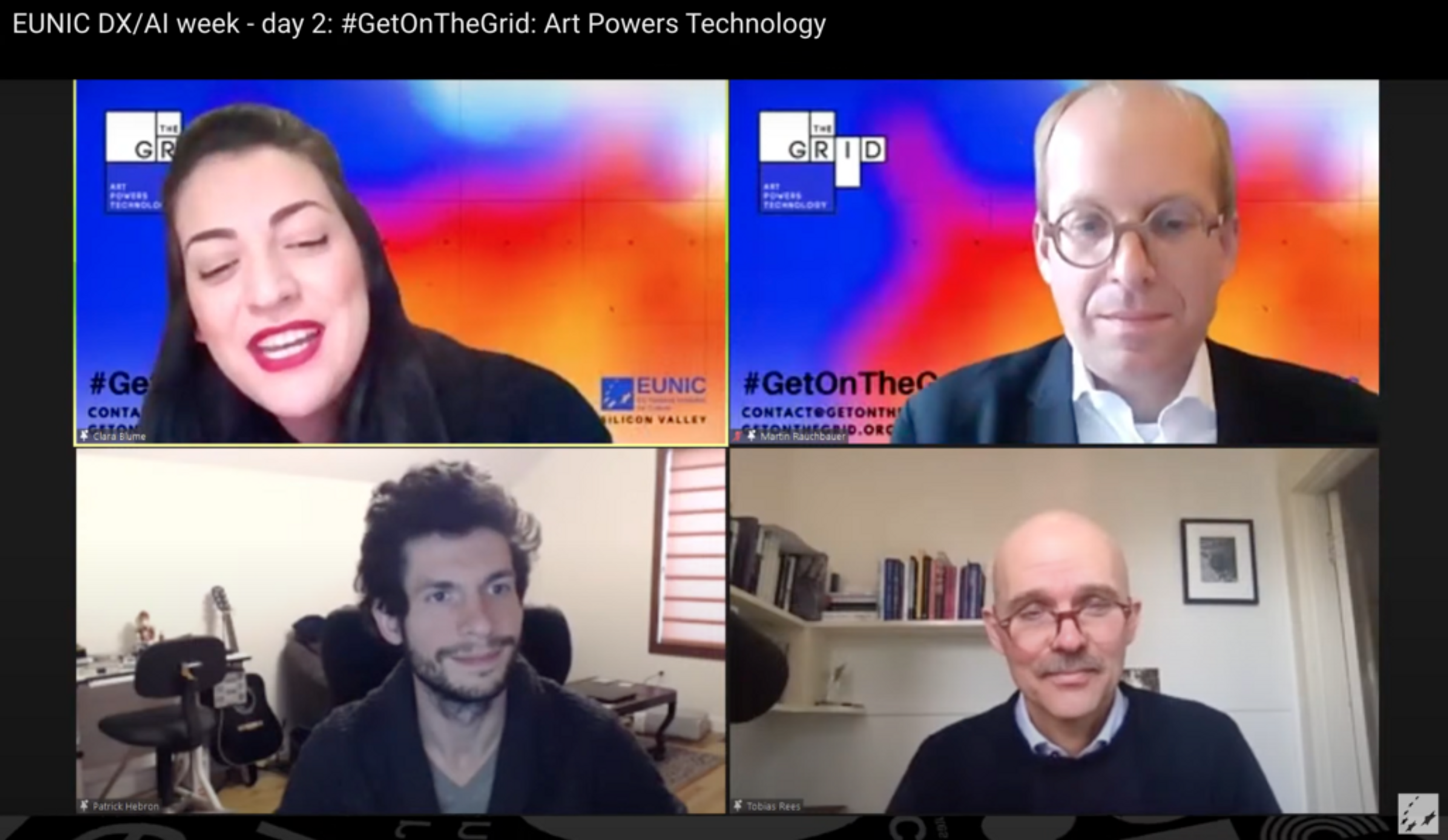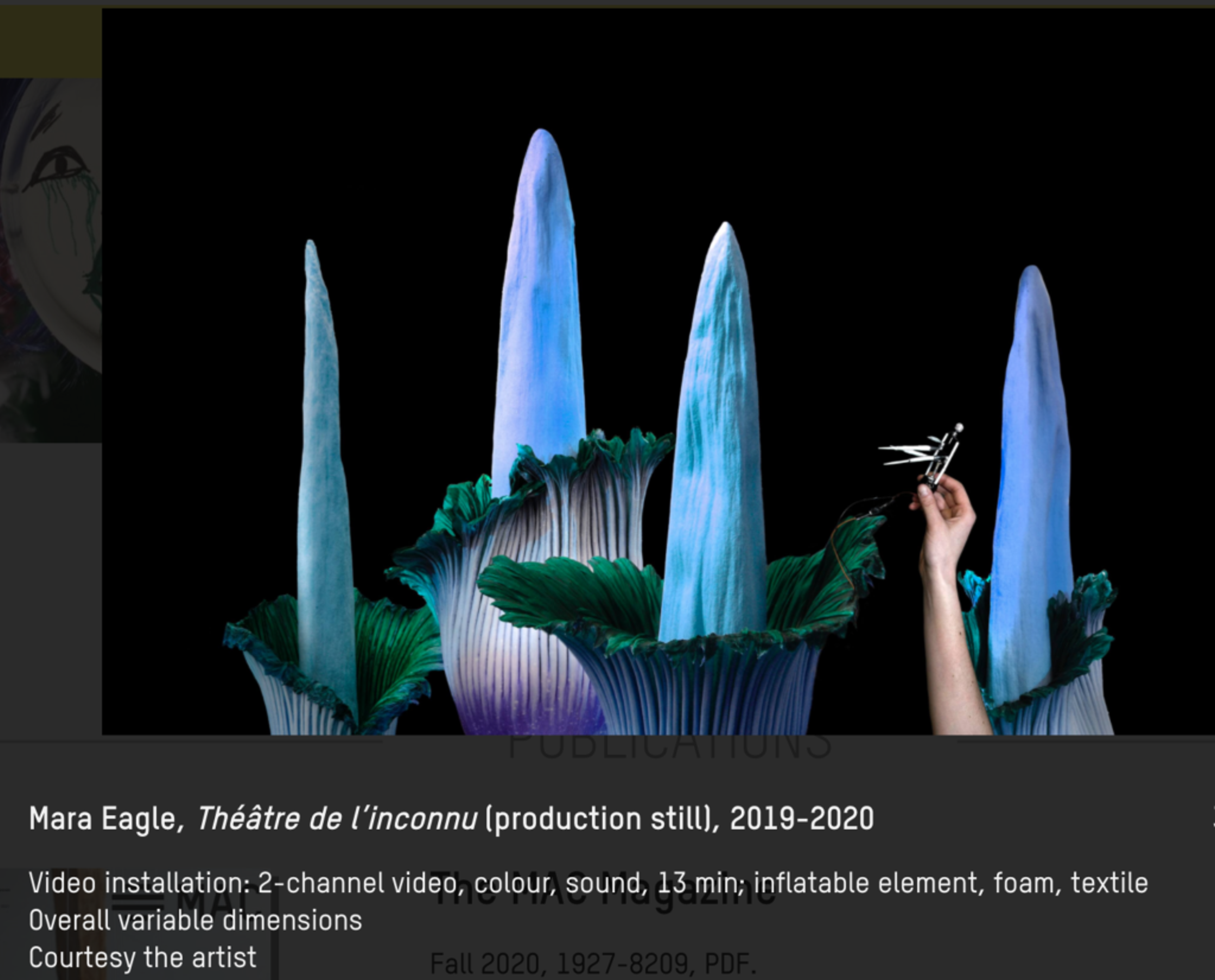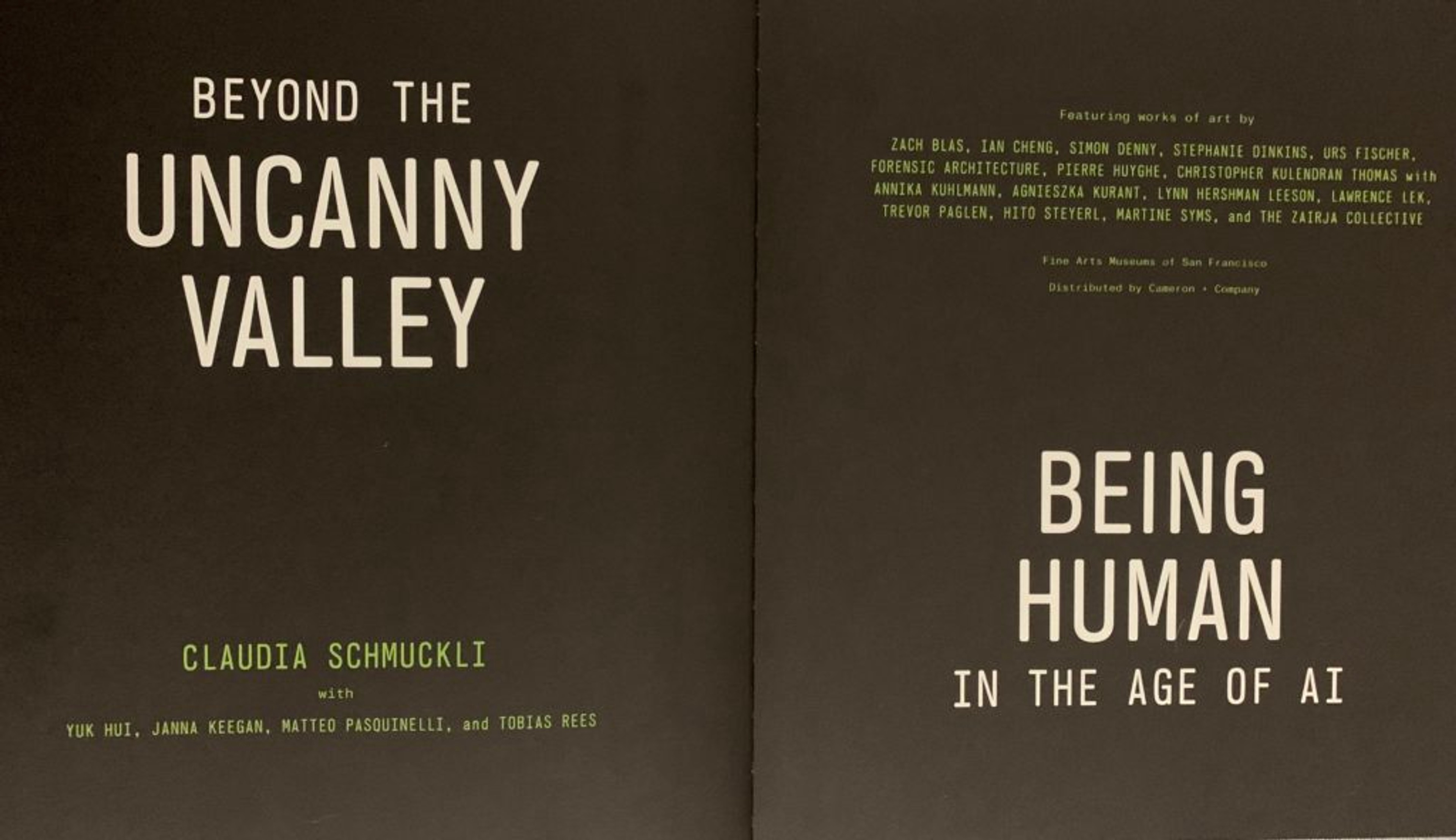Transformations of the Human (ToftH): Winter Recap
ToftH Amplifies the Importance of Art + Philosophy + Technology Through Its Networks and Joins Key Discussions in the Policy Realm.
The Berggruen Institute’s Transformations of the Human program is proud to announce that Kim Newman has been hired as the Director of Operations. As the program keeps successfully growing, building a scale-able infrastructure that integrates training, research, art projects, and curriculum development has become an exciting challenge. Kim will be responsible for professionalizing and integrating the programs’ research, training and programmatic endeavors, implementing business and client strategy, procedures and policies, and overseeing general operations of the program. Newman has more than 15 years of guiding both corporations and organizations in increasing their global impact, and a diverse background in operations, finance, and project management for a top 50 Forbes company and the University of California system. To read Newman’s full bio, please click here.
Prior to the coronavirus outbreak, the Transformations of the Human (ToftH) program participated in the Aspen Institute’s Aspen Digital (AD) Round Table on Artificial Intelligence. The group focused on questions of human-machine symbiosis and “AI Intimacy” and culminated in the Aspen Digital Artificial Intelligence Report 2020. ToftH Director Tobias Rees posed the question: “What would it mean to build AI from the perspective of an ecology of mind? To build AI that is part of the world and has a world?” His intervention is captured in Chapter 3: Philosophy, Poetic and Political. Rees then joined the advisory board of AD’s new Virtually Human project and together they are organizing a series of salons for congressmen and congresswomen on “networks are not societies.”

Rees also became an advisory board member of the everyday robot project at X (Google), where two ToftH Researchers work side by side with engineers to build artificial physical intelligence (API): What happens when AI leaves the studio and enters the physical world as a physical thing among physical things? Can one build an AI where learning is not abstract but corporeal?
This same month, the EU National Institutes for Culture (EUNIC) welcomed ToftH to The Grid, a global network that seeks to incorporate art-thinking into the development of new technologies and to jump-start a conversation between artists, technologists, and policymakers from around the world. On the 17th, Rees and Patrick Hebron (Machine Intelligence Design Group at Adobe), closed out the second day of the EUNIC DX AI conference on a panel titled “In Search of a Universal Language for Art + Tech + Policy.” Their conversation, moderated by Martin Rauchbauer (Consul of Austria and tech ambassador to Silicon Valley), shed light on a new initiative in search of a ‘universal language’ connecting the three silos by creating a common understanding of our digital world.

On the “Ideas Matter” BI podcast, ToftH Associate Director Tui Shaub introduced a fascinating presentation from Alto Charo (Professor of Law and Bioethics at the University of Wisconsin, Madison and ToftH Berggruen Fellow alum) and a lively Q&A session where Charo charted the landscape of heritable and non-heritable forms of gene editing and its ramification for both global governances and for individual ethical choices.
Artist and ToftH Researcher Philipp Schmitt, along with media artist Anina Rubin and Professor Felipe Orduña Bustamante were commissioned by Tenfourteen (space for ideas) to create I Am Sitting In A High-Dimensional Room, a soundscape narrated by a neural-network-synthesized voice and performed in a high-dimensional room simulation. The piece alludes to the virtualization of culture during the Covid-19 pandemic.
ToftH Artist Fellow Mara Eagle has been selected for a group show opening in January 2021 at the prestigious Musée d’art contemporain (MAC) de Montréal. Eagle’s 13-minute video installation Théâtre de l’inconnu will feature in the MAC’s La machine qui enseignait des airs aux oiseaux until April 2021.

As part of the ongoing Berggruen lecture series, ToftH Artist Fellow Nancy Baker Cahill discussed how her work in VR is at once participating in the production of VR and exploring how VR modifies our sense of reality. Watch snippets from her presentation here, here and here.
Due to Covid-19, the de Young Museum in San Francisco has extended the exhibition Uncanny Valley, conceptually borne from the ToftH AI and the Human working group, until June 26, 2021. Beyond the Uncanny Valley: Being Human in the Age of AI features five ToftH Artist Fellows: Ian Cheng; Stephanie Dinkins; Pierre Huyghe; Agnieszka Kurant and Martine Syms, and its catalogue credits ToftH Researchers Jake Browning and Philipp Schmitt with the development of an AI timeline and includes essays from ToftH Senior Researcher Yuk Hui and ToftH Director Tobias Rees.

In May, Rees gave an opening talk at Riga Biennial: RIBOCA 2, titled Notes On Nature (Thinking the Human In Terms Of the Non-Human). In response to Rees’s presentation, Arterritory Magazine published both a biographical essay on Rees, “Man at the Center of Everything (has Failed)” and a lengthy interview with him, “Ignorance as Accomplishment.”
In further news, ToftH Senior Fellow Vilas Dhar was announced as the inaugural president of the Patrick J. McGovern Foundation and ToftH Senior Fellow Michael Specter published a new audiobook, Fauci.